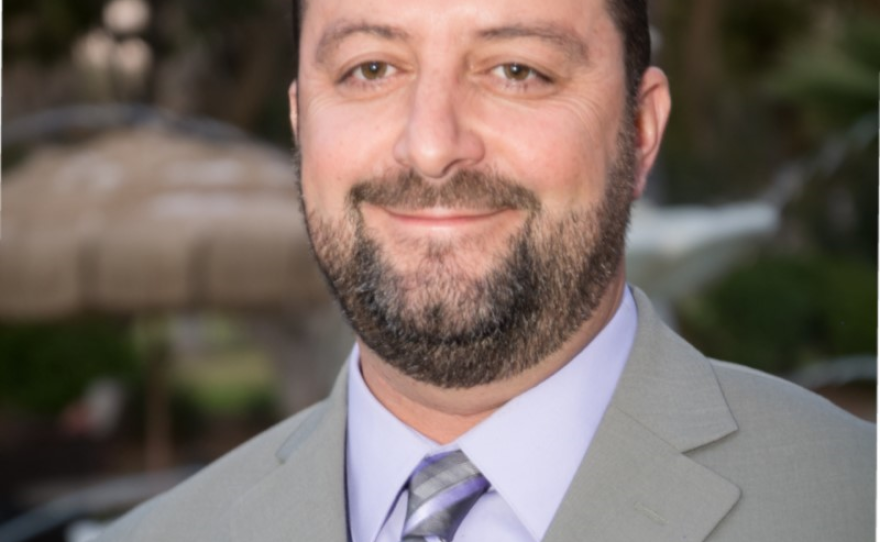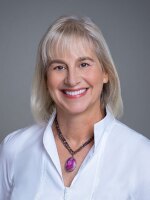Social justice proponent Imam Taha Hassane, who has forged collaborative alliances with organizations and religious leaders to address challenging civic issues, is the KPBS and National Conflict Resolution Center’s Community Hero for civility in politics.
Hassane is the director of the Islamic Center of San Diego, where he has served as imam since 2004. As a faith leader, he has joined forces with Catholic, Jewish and Protestant leaders and nonreligious organizations to address issues such as immigration, homelessness, racial injustice and worker wages.
These are the kind of topics that often stir passions and opposing viewpoints, especially during an election season. Yet polls show Americans think their leaders increasingly lack the tools necessary to discuss these issues with civility. A 2018 poll conducted by Weber Shandwick and Powell Tate, with KRC Research, said 93 percent of respondents thought that America had a civility problem. A 2017 Pew Research Center survey showed America’s partisan divide has grown by 20 percentage points since 1994.
Hassane calls this division a “major test” for the country. He said he has hope that the channels of communication among groups with different viewpoints can be improved.
“I’m always optimistic, no matter how dark the situation is,” he said. “As long as there are people in our society who are willing to work for justice, who are willing to restore human dignity, who are doing something to bring about human decency, then I have a lot of hope.”
Hassane said he has encountered incivility during some public presentations, largely from people who are opposed to his Muslim faith. He tries to counteract the hostility by sitting down and talking with that person to clear up any misconceptions. Successful dialogues happen, he said, when people stop seeing those from another religion, culture or viewpoint as “the other.”
“Not everyone has that courage right now to step out of their bubble, out of their comfort zone and reach out to the other,” he said. “But once you do it, you will discover another world, which is much better than the world you are in at this moment. Our nation is beautiful. The diversity in our society is a blessing.”
Hassane speaks from personal experience. It was a jolt to move from Ténès, Algeria, which is majority Muslim, to the United States, with its profusion of languages, cultures and religions. In Ténès, he graduated from the Institute of Islamic Studies at the University of Algiers. He served as a high school teacher and imam in Ténès for 10 years before moving first to Denver then to San Diego. He realized he needed to reach beyond his mosque and build relationships with the larger community and learn about the faiths and cultures of others.
“To be honest with you, I was very skeptical,” he said. “I was not sure whether they would accept me as a Muslim. But believe it or not, there are people of different faiths who basically reached out to me. They helped me to get out of my comfort zone by showing me their humanity, their decency.”
Over the years, Hassane has been involved in issues as diverse as Black Lives Matter and the Standing Rock Sioux’s opposition to the Dakota Access pipeline. He has also been recognized by a variety of organizations and politicians for his work in the community. He received the Spirit of Service Award from the Interfaith Shelter Network; the Voices for Justice Award from the Interfaith Committee for Worker Justice, and the OceanLeaf Spirit Award from the Somali Family Service of San Diego.
Hassane acknowledges that people are sometimes surprised when he takes up a cause that isn’t related to the Muslim community.
“I don’t believe in these boundaries and borders that people make between different faiths and ethnic groups,” he said. “Their issue is my issue.”







